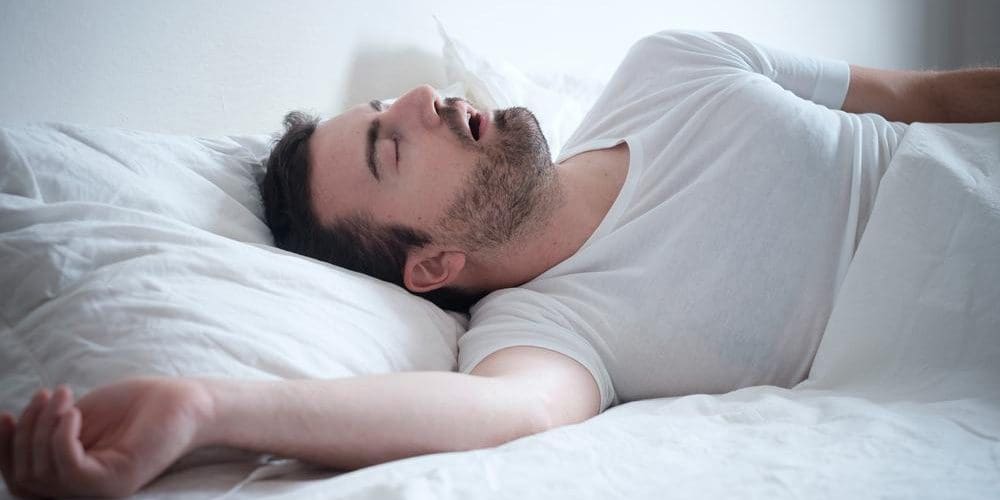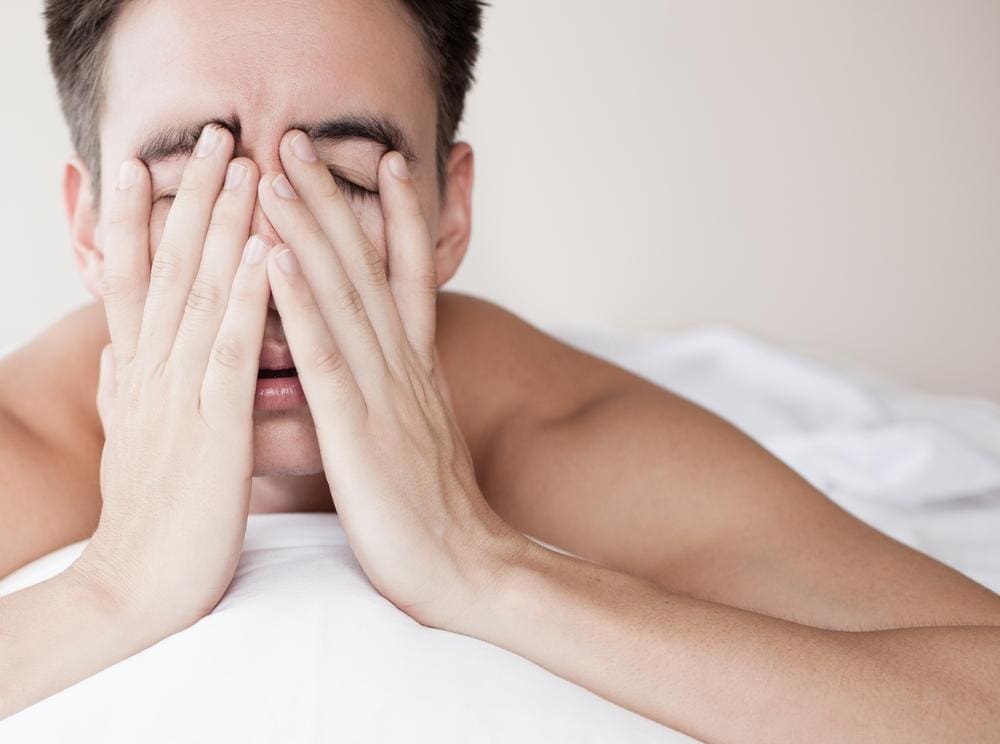
Chiropractic care for sleep apnea is a great option and supports the use of lifestyle changes and other treatments.
An estimated 18 million Americans suffer from sleep apnea, a condition that causes one to stop breathing for short periods during sleep. Sleep apnea can lead to many serious health problems, including high blood pressure, heart disease, and stroke.
Sleep apnea is a disorder that causes your breathing to stop or become very shallow while you are asleep. It can occur many times throughout the night and can make it difficult for you to get a good night’s rest.
There are three types of sleep apnea:
Sleep apnea usually occurs when you are asleep. However, it can also occur when you are awake but drowsy.
People with sleep apnea often snore loudly. You may also choke or gasp during sleep. These episodes can last from a few seconds to minutes. They often happen several times an hour and can reduce the quality of your sleep.
Sleep apnea can cause:
If you experience any of the symptoms listed above, you might have sleep apnea. But more often than not, people know they have sleep apnea because their significant other alerts them about loud snoring and restless sleep. This condition affects not just the sleep apnea-impaired person but also their partners because they share a sleeping space.

There are many potential causes of sleep apnea, including:
There are many possible causes of sleep apnea, and one of them is spinal problems. While it is not clear exactly how spinal problems can contribute to sleep apnea, it is believed that they may interfere with the proper functioning of the nerves and muscles involved in breathing.
In some cases, a blockage in the airway can cause sleep apnea and can be exacerbated by spinal problems. If you have sleep apnea and are also dealing with spinal problems, it is important to get both conditions treated to improve your overall health and quality of life.
A chiropractor can help treat sleep apnea by correcting spinal misalignment. This can help improve airflow and reduce loud snoring. Chiropractors may also suggest lifestyle changes, such as losing weight or quitting smoking, to help reduce the severity of sleep apnea. In some cases, a splint or mouth guard may be recommended to keep the airway open during sleep. Surgery is rarely needed to treat sleep apnea.

A spinal adjustment can help to improve your sleep apnea. It helps to improve the alignment of your spine and neck, which can open up your airway and allow for better airflow. Additionally, a spinal adjustment can help relieve any tension or pressure contributing to your sleep apnea.
Adjusting sleep position can help to reduce the risk of this happening by keeping the airway open. Sleeping on your side or stomach can help to keep the airway open and reduce the risk of sleep apnea.
There are a few things that you can do to adjust your sleep position. One is to use a pillow that keeps your head and neck elevated. This can help to keep the airway open and reduce the risk of sleep apnea. Another thing that you can do is to sleep on your side or stomach. This can also help to keep the airway open and reduce the risk of sleep apnea.
Fortunately, many lifestyle adjustments can help alleviate the symptoms of this sleep disorder and improve poor sleep. These include:
Making these lifestyle changes can be difficult, but they can make a big difference in your sleep quality and overall health. Chiropractic treatment can supplement any changes you make to combat your issues with sleep apnea.

© Accident Care Chiropractic | Hablamos Español
Located in: North Portland, NE Portland, SE Portland, Gresham, Clackamas, Oregon City, Hillsboro, Bethany, Beaverton, Tigard, Forest Grove, Woodburn,
McMinnville, Keizer, Salem, South Salem, Bend, Springfield, Vancouver, Hazel Dell, East Vancouver, Pasco, Kennewick, Lakewood.
We Specialize in Car Accident Treatment & Recovery
Home | About Us | Testimonials | Blog | Sitemap | Privacy Policy | Services | Locations | Contact Us